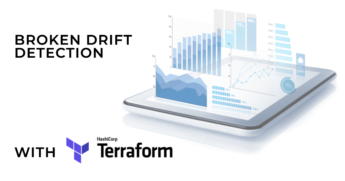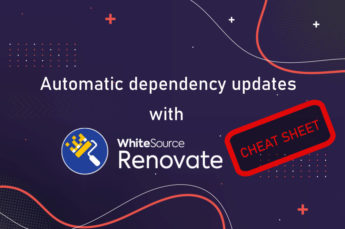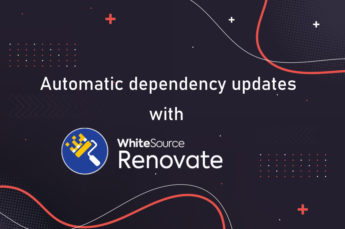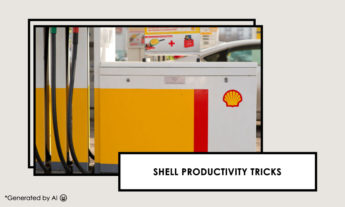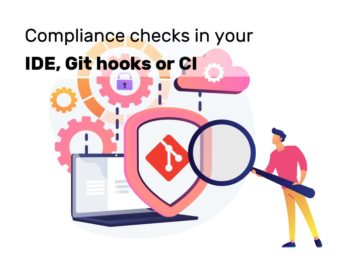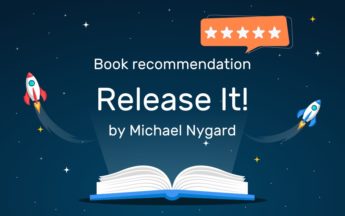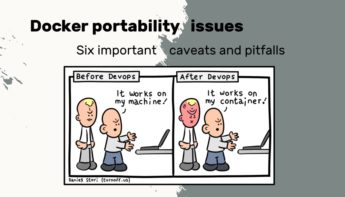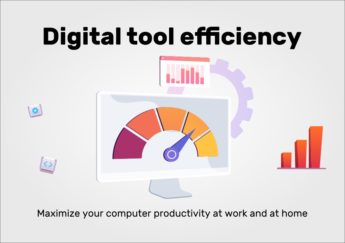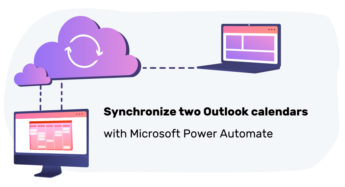Broken drift detection with Terraform
When the resources of a Terraform provider (e.g. Azure) define “computed” optional attributes, these are not properly covered by Terraform’s drift detection. As I will demonstrate, this can lead to non-reproducible infrastructure. I also experiment with Terraform’s behavior, depending on what you declare in your configuration file, the content of your state file, and the … Read more

